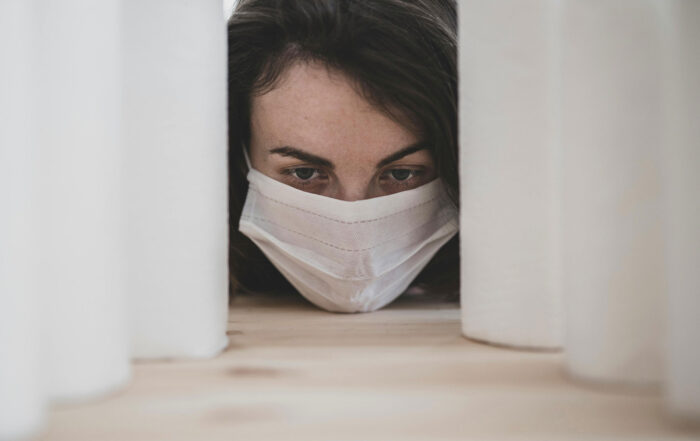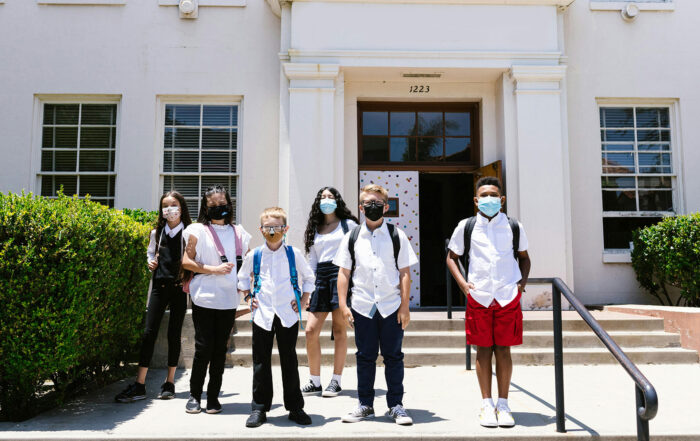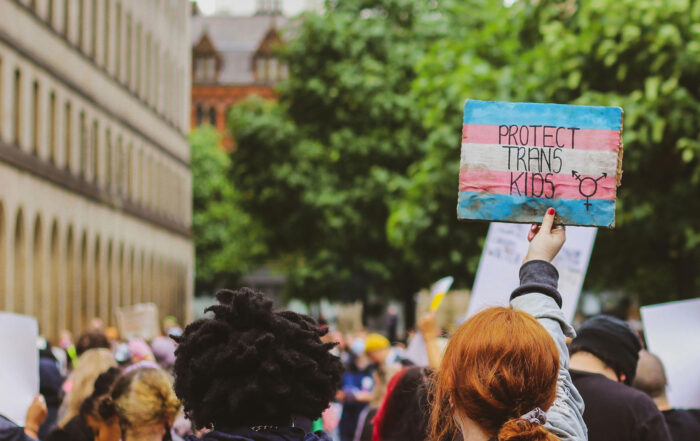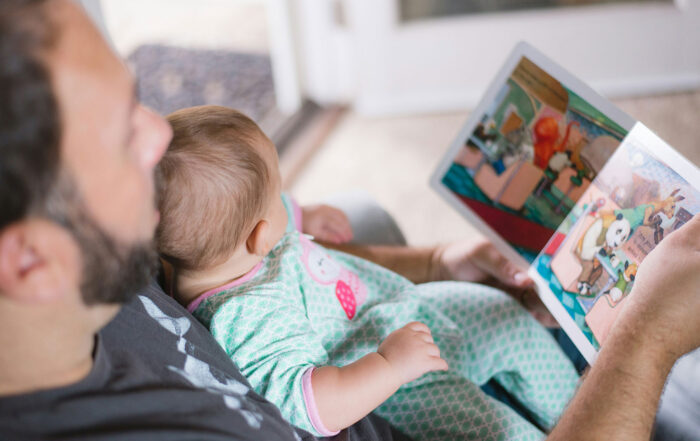
By Morgan Sherburne – University of Michigan
Adverse childhood experiences can detrimentally affect muscle function in older adults by impairing mitochondrial activity necessary for energy production. The study analyzed muscle biopsies from over 870 participants aged 70 and older, linking reported childhood adversities with reduced production of ATP, the energy currency of cells. These findings highlight the profound and lasting impacts of early trauma on physical health, showing that childhood experiences can “get under the skin” to influence aging outcomes. The study underscores the importance of addressing childhood traumas to mitigate their long-term health consequences.
Share This Post!
What is test anxiety and how can we support students when they experience it?
As the first day of school approaches, parents and children gather their backpacks as educators finalize lesson plans and ready their classrooms. The new school year offers a fresh start for students [...]
Managing stress during the COVID-19 pandemic
While we are all focusing on taking care of our physical health as the outbreak of COVID-19 develops, it’s also important to keep our mental health a priority. When there is a [...]
Integrating parents with trauma histories into child trauma treatment: Establishing core components.
To identify core components of parent/caregiver integration into evidence based child trauma treatment models, specifically those parents/caregivers who have experienced trauma themselves. The Parent/Caregiver Trauma and Healing Coordinating Group (PCTHCG) of the [...]
‘All Kinds Of Trauma’: Students Are Returning To School, But Are We Ready To Help Them Cope?
Rosalinda Guzman was inside a bathroom stall at school when something begged for attention. It was on the door, where the school posts announcements. “That little tiny piece of paper was just [...]
Identifying the Intersection of Trauma and Sexual Orientation and Gender Identity: Part I: Key Considerations
WHY ASK ABOUT SEXUAL ORIENTATION AND GENDER IDENTITY? There is a growing body of evidence showing that Lesbian, Gay, Bisexual, Transgender, and Queer/Questioning (LGBTQ+) youth suffer from potentially traumatic events (PTEs) at [...]
Heal trauma with rhythm
Anyone who’s soothed a fussing baby knows that gentle rocking often does the trick. The vestibular (balance-related) stimulation that rocking creates is certainly a part of that. Equally important is the rhythm [...]







